A Festival of Fireworks, Fortune, and Fabulous Food
Chinese New Year, or as it's more formally known, "The Spring Festival," is when millions of people around the globe partake in the grandest celebration imaginable. Think of it as New Year’s Eve, Thanksgiving, and a month-long family reunion all rolled into one, with an extra helping of cultural richness and enough fireworks to make the stars jealous. So, let’s dive into this festive fortune cookie and unravel what makes Chinese New Year a spectacle of cultural pomp, culinary extravagance, and deep-rooted tradition.
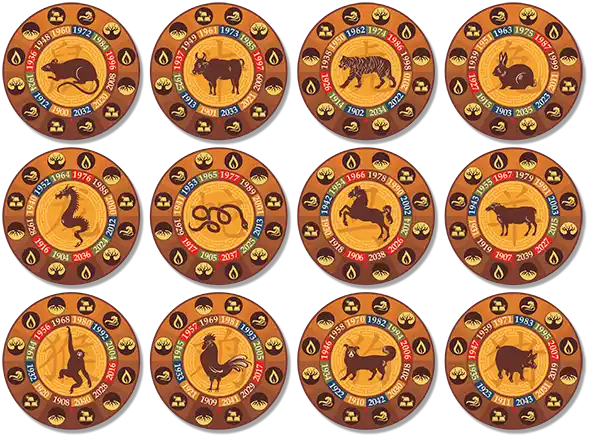 The Chinese Zodiac
The Chinese Zodiac
First off, we need to talk about the Chinese Zodiac—a 12-year cycle featuring animals that didn’t just come out of a hat, but were carefully chosen after a cosmic race hosted by the Jade Emperor. Legend has it that these twelve animals—ranging from the diligent Ox to the cunning Rat—were pitted against each other in a race to determine their position in the Zodiac. The Rat, despite its size, used its wits to hitch a ride on the Ox’s back and leap off at the finish line, securing first place. Meanwhile, the Cat, who trusted the Rat to wake him up for the race, missed the whole event entirely, which is why there’s no Cat in the Zodiac and why cats and rats have been mortal enemies ever since.
Each animal’s characteristics are said to influence the personalities and destinies of those born under their year. It’s like astrology, but with a lot more personality (and possibly fur). If you’re born in the Year of the Dragon, for example, you might be seen as ambitious, charismatic, and a bit of a natural leader. On the other hand, if you’re a Sheep (or Goat, depending on who you ask), you’re likely to be gentle, mild-mannered, and perhaps a bit shy—but hey, everyone needs a soft-hearted friend!
Curious about how this plays out in everyday life? Well, imagine attending a Chinese New Year party and being asked, “What’s your sign?”—only to realize that the answer requires a quick mental calculation involving your birth year and a bit of animal kingdom trivia. It’s no simple horoscope; it’s practically a blueprint for your life choices, love prospects, and yes, even your fashion trends for the year. After all, who wouldn’t want to know if the Year of the Rooster means they should avoid red socks and embrace gold accessories?
The Chinese Zodiac doesn’t just stop at influencing individual personalities—it also plays a role in matchmaking, business decisions, and even parenting styles. Families often consult the Zodiac when considering marriage matches, believing that certain animal signs are more compatible than others. In the business world, some believe that the Year of the Monkey, for instance, is a time for bold moves and risk-taking, while the Year of the Dog might encourage loyalty and steady growth.
Even the years themselves take on the characteristics of their assigned animal. The Year of the Horse might gallop along with energy and freedom, while the Year of the Snake might be more introspective and strategic. Understanding these nuances can be like having a cosmic weather forecast for the year ahead, helping people prepare for whatever the stars—or rather, the animals—have in store.
So the next time someone asks, “What’s your sign?” you can dive into a rich conversation about the wisdom of the Zodiac, the traits it bestows, and maybe even the mysterious case of the missing Cat. It’s more than just a fun party trick; it’s a deep-rooted tradition that has shaped the way people view themselves and their place in the world for centuries.
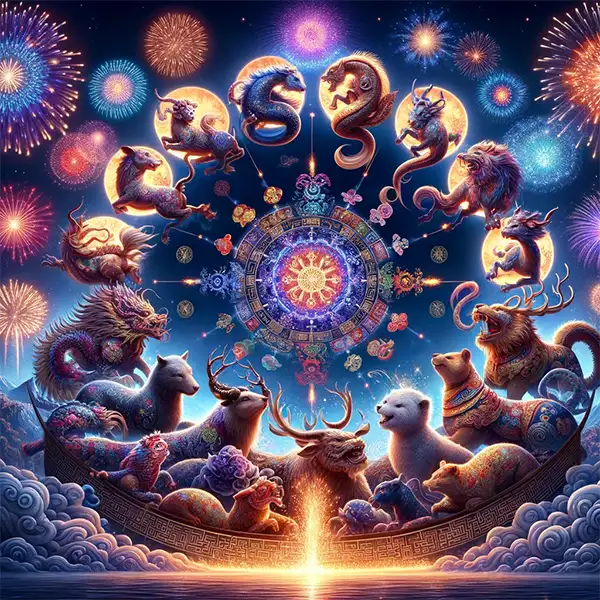 Red Envelopes
Red Envelopes
No Chinese New Year would be complete without the exchange of red envelopes, or 'hongbao.' These aren’t just any envelopes; they are beautifully decorated with gold lettering and intricate designs, stuffed with crisp bills, and handed out by the older generation to the young and unmarried. It’s the ultimate “thank you for tolerating our endless questions about your life choices” gesture. But the giving of red envelopes goes beyond mere financial transaction—it's steeped in the symbolism of good luck, prosperity, and the wish for a smooth year ahead.
These envelopes are like the ancestors of direct bank transfers, but far more personal and loaded with meaning. For children, it’s a sweet deal: you get to sit through family dinners and answer a few probing questions, and in return, you walk away with some serious cash. For adults, it’s a way to maintain the goodwill of the younger generation while subtly reminding them of the family traditions they’ll one day carry forward. It’s win-win, really.
The Culinary Olympics
The heart of Chinese New Year is found not just in the laughter of family reunions but in the kitchen, where food takes center stage. If there were ever a time to throw dietary caution to the wind, this is it. Chinese New Year is a culinary marathon where every dish is not just a meal, but a metaphor for something auspicious.
Dumplings symbolize wealth because their shape resembles ancient Chinese silver ingots. Fish is served to ensure surplus and abundance in the coming year—so much so that you’re supposed to leave some on the plate to ensure prosperity flows into the new year. And then there are the noodles, which are eaten for longevity and must be slurped whole without breaking unless you want to tempt fate. It’s a time when calories don’t count, and every bite is a wish for a brighter future.
This food frenzy is so intense that it’s been dubbed the “Culinary Olympics,” where families compete—not overtly, of course—to see who can produce the most mouthwatering and symbolically loaded feast. The only downside? You might need to roll yourself away from the table by the night's end. But hey, that’s what the fireworks are for—burning off those extra dumpling-induced calories.
The Art of Scaring Away Spirits
And speaking of fireworks, no Chinese New Year would be complete without them. This isn’t just about putting on a dazzling display to wow the neighbors; it’s an ancient practice rooted in the legend of Nian, a fearsome monster who had a penchant for terrorizing villages and snacking on their crops. But like many monsters, Nian had a few weaknesses—he was terrified of loud noises, bright lights, and the color red. So naturally, the villagers armed themselves with all three, and a tradition was born.
Today, the tradition of setting off fireworks is less about warding off mythical creatures and more about ensuring that any lingering bad luck from the previous year is scared away. The result? A pyrotechnic display that lights up the night sky and briefly turns night into day. The louder, the better—it’s a way to show that you’re leaving the old year’s troubles behind and starting fresh.
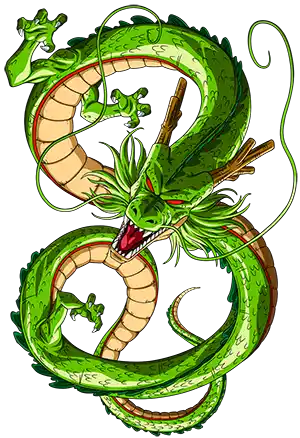 Family Reunions
Family Reunions
Chinese New Year is also famous for causing one of the largest human migrations on the planet, as millions of people travel back to their hometowns to celebrate with family. This mass movement, known as "Chunyun," is so intense that it makes the busiest airport look like a calm, orderly affair. It’s a testament to the importance of family in Chinese culture, where the New Year isn’t truly the New Year unless it’s spent in the company of loved ones.
For many, the journey home is a pilgrimage of sorts—a chance to reconnect with roots, traditions, and of course, the familiar, comforting taste of grandma’s cooking. And while the reunion is heartwarming, it also comes with a side dish of well-meaning but probing questions about life, marriage, and career choices. But it’s all part of the experience. After all, what’s family without a little good-natured interrogation?
Chinese New Year is more than just a holiday—it’s a vibrant tapestry of history, culture, food, and festivities that brings together millions of people around the world. It’s a time when the past is acknowledged, the future is anticipated, and the present is celebrated with joyful abandon. From the symbolism of the Zodiac to the culinary delights that grace the table, every aspect of the celebration is steeped in meaning and tradition.
So as we usher in the new lunar year, let’s embrace the festivities with open arms and open hearts. Whether you’re lighting up the sky with fireworks, filling your plate with dumplings, or simply spending time with loved ones, may your year be as prosperous, joyful, and full of surprises as the festival itself. Happy Chinese New Year, or as they say, "Gong Xi Fa Cai!" May your year be filled with good fortune, great food, and plenty of laughter.
Please Share our Content

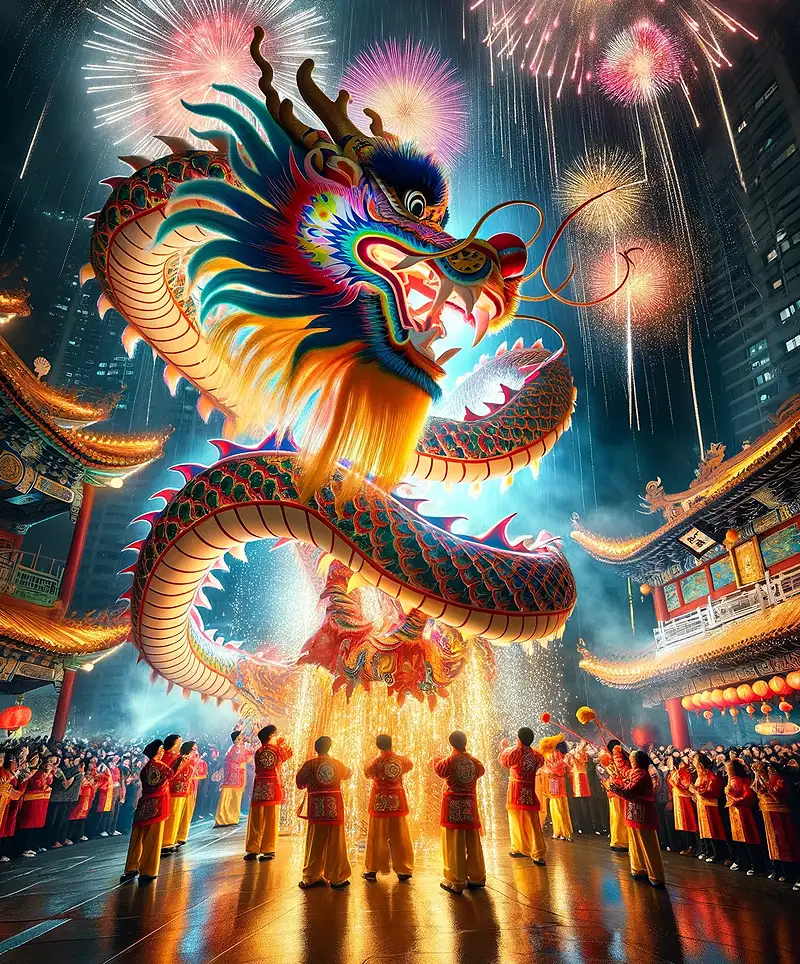
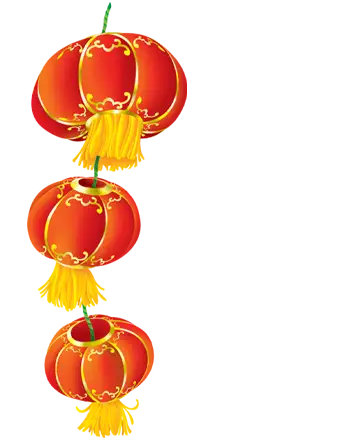



 The Chinese Zodiac
The Chinese Zodiac Red Envelopes
Red Envelopes Family Reunions
Family Reunions








 "Sláinte!" is a traditional Irish expression used as a toast, equivalent to "Cheers!" in English.
"Sláinte!" is a traditional Irish expression used as a toast, equivalent to "Cheers!" in English.